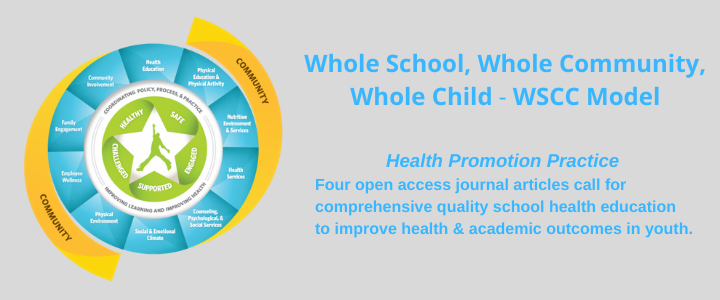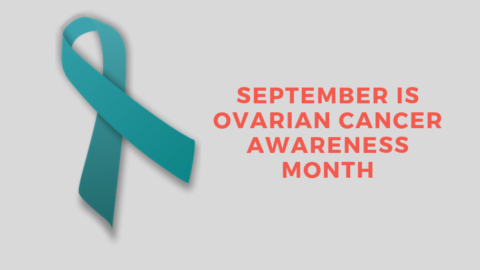Four open access journal articles call for comprehensive quality school health education to improve health and academic outcomes in youth
WASHINGTON, D.C. – Health Promotion Practice announces a special collection of four peer-reviewed articles calling for comprehensive school health education for all students, kindergarten through high school as a critical pathway to improve student safety, social and emotional wellness as well as achieving educational outcomes.
Collectively, the articles chronicle the challenges related to marginalization of school health education as a subject taught in schools, especially due to high stakes testing in math, reading, and other areas. Despite decades of evidence, national and state/district leaders in health and education still fail the grade in supporting conditions for academic success: namely, healthy students are better learners. The seven manuscript authors offer 25 recommendations for renewing the commitment to quality school health education as a pathway educational achievement.
“Children today come to school with more than just their back packs,” says David Birch, PhD, MCHES, professor at The University of Alabama and lead author of two of the manuscripts, published by the Society for Public Health Education (SOPHE). “In the last several decades, we’ve seen a sharp increase in health and safety issues affecting youth such as e-cigarettes/vaping, opioid misuse, unintentional injury, suicide, depression, and chronic diseases such as diabetes and asthma. Rather than continuing our current ‘downstream’ approaches, we must work upstream through the Whole School, Whole Community, Whole Child (WSCC) model to improve the health of our future generations.”
Developed by the Centers for Disease Control and Prevention (CDC) and ASCD, a leading educational organization, WSCC includes 10 components that collectively aim to ensure that each student is healthy, safe, engaged, supported, and challenged and learns about and practices a healthy lifestyle and achieves academic success. Birch and other manuscript authors argue that the needs of a “highly connected” new generation of learners must be addressed through engaging, authentic teaching and learning approaches. Quality school health education taught by qualified teachers is among the WSCC’s 10 components.
“SOPHE is proud to work with CDC, ASCD, and other leading organizations to provide educational resources and technical assistance related to WSCC and school health education programming,” says Elaine Auld, MPH, MCHES®, SOPHE’s Chief Executive Officer. “The effort will require support of the public health community, as well as parents, community members and others to advocate for these needed school health improvements”.
The Every Student Succeeds Act of 2015, which recognized health education and physical education as well-rounded subjects on par with science, math and language arts, can be an important conversation starter with local school boards of education on WSCC and comprehensive school health education.
Launched in 2000, HPP publishes authoritative, peer-reviewed articles devoted to the practical application of health promotion and education. The bimonthly journal is unique in its focus on critical and strategic information for professionals engaged in the practice of developing, implementing, and evaluating health promotion and disease prevention programs in various settings, including but not limited to community, health care, worksite, educational and international settings. HPP complements SOPHE’s other two bimonthly peer-reviewed journals, Health Education & Behavior and Pedagogy in Health Promotion: The Scholarship of Teaching and Learning, all published by SAGE Publications of Thousand Oaks, California.
# # #


